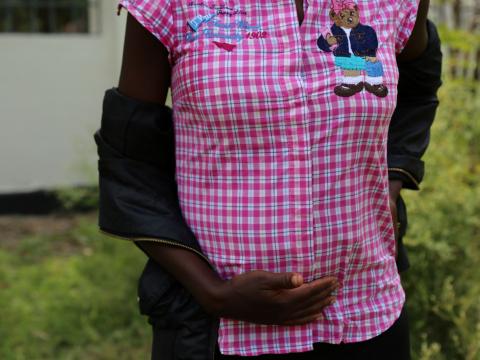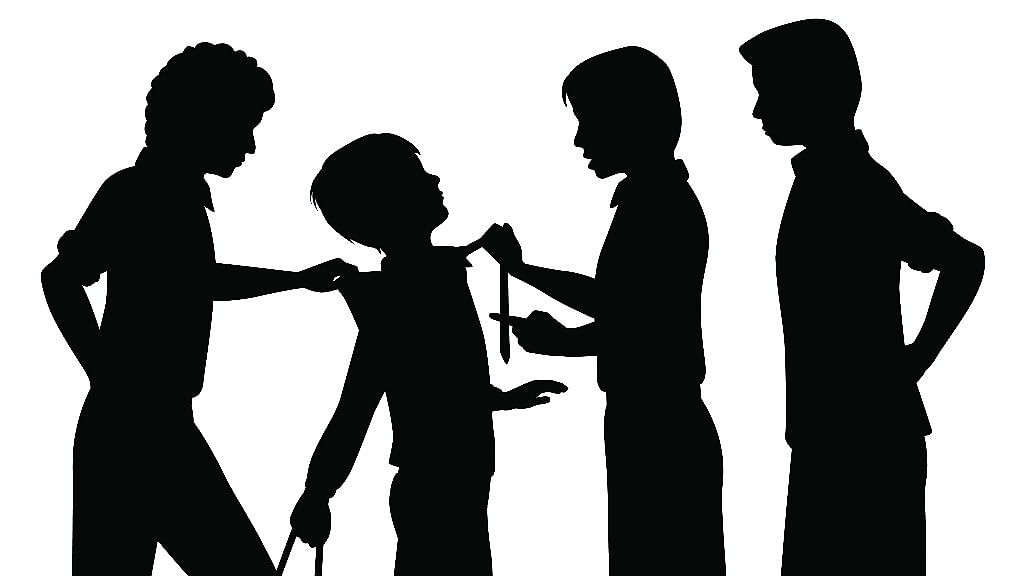A developmental delay occurs when a child doesn’t gain developmental skills as expected compared to others of the same age, in areas of motor function, speech and language, cognitive, play, and social skills. Differences in brain development, processing information and reaction to environment impact a child’s ability to learn, communicate and interact. These delays may last for a lifetime with signs usually noticed before age two.
Causes of developmental delays
Developmental delays can be associated with several factors including prenatal and birth factors, parental health, and genetic conditions. Metabolic disorders may also cause brain damage and learning disabilities. Complications during pregnancy, prolonged labour, premature birth, low birth weight, lack of oxygen during delivery, exposure of mother or child to high levels of environmental toxins, trauma, maternal infections, nutritional deficiency and malnutrition, physical abuse, neglect, maltreatment, use of drugs or alcohol during pregnancy, untreated newborn Jaundice, and childhood diseases all have the potential to cause developmental delays.
Symptoms of developmental delays
Children with developmental delays learn and develop more slowly compared with others of the same age. They have difficulties in communicating, struggle to socialize, have problems remembering things, are unable to connect actions with consequences, have difficulty with problem-solving, and inability to do everyday tasks. Have difficulties learning to talk or making common phonetic sounds.
Therapy for developmental delays
There is no cure for developmental delays; however, treatment strategies can be directed to the specific delay to effectively support children. Such strategies include which include the following.
Physical therapy
Physiotherapy is one of the allied health professions, provided as a primary care treatment to promote and restore health through physical examination, intervention, rehabilitation, and disease prevention. It is very beneficial to children with developmental delays involving gross motor skills. Through the process, the brain better learns how to control muscles and improve coordination of body parts and improve fine motor skills. Physiotherapy also addresses illnesses that limit a child’s ability to move and perform functional activities in their daily lives.
Occupational therapy
Occupational therapy is also an allied health profession involving the use of assessment and intervention to develop, recover, or maintain meaningful activities of individuals, therapeutic use of everyday activities, to treat physical, mental and emotional ailments that impact a person’s ability to perform daily tasks. It helps in developmental delays related to sensory processing as well as improving self-help skills and helping children with disabilities to participate in school and social situations.
Speech & language therapy
This therapy can be used to address problems in the areas of understanding and producing language and speech sounds. It is used to assess and treat speech disorders and communication problems in areas of understanding and producing language and speech sounds. It also helps people develop skills like comprehension, clarity, voice, fluency and sound production and can treat childhood speech disorders. The therapist’s role is to provide support and care for those with communication difficulties.
SEE ALSO: What to do to understand your child better
Early childhood special education
Early childhood special education services are designed for children who need specially designed instruction and related services to support in developmentally appropriate activities. Early identification of the type of developmental delay and learning disability is important. Programs and services are offered to ensure children with challenges have appropriate education designed to meet their unique needs and make progress.
Behavioural therapy
Behavioural therapy describes a broad range of techniques used to change behavioural disorders to reinforce desirable behaviours and eliminate unwanted ones. It is rooted in the principles of behaviourism that learning is from our environment. Behavioural therapy involves different techniques used to treat individual psychological problems.
How to prevent developmental delays
Parents should take appropriate care during pregnancy and in early childhood periods. Any action by the mother in relation to taking supplements during pregnancy and medication, getting screening for prenatal infections and avoiding exposure to high levels of environmental toxins, trauma, maternal infections, nutritional deficiency and malnutrition, physical abuse, neglect, maltreatment, use of drugs or alcohol during pregnancy, may lead to the unborn child developing developmental delays. Mothers should undergo maternal health checks as required for screening for diabetes, high blood pressure, renal diseases, autoimmune disorders and other maternal infections to ensure the safety of the unborn child.
Conclusion
Children with developmental delays often have difficulty dealing with frustration or coping with change when the environment becomes emotionally demanding. They also have prolonged tantrums and take longer to calm down. It is, thus, important for parents to build a deeper understanding of developmental delays, their causes and the support required to assist their children.
The article was written by Dr. Catherine Gichuba, CEO and Lead Consultant at Regional Social Consultants Agency (RESCA).








